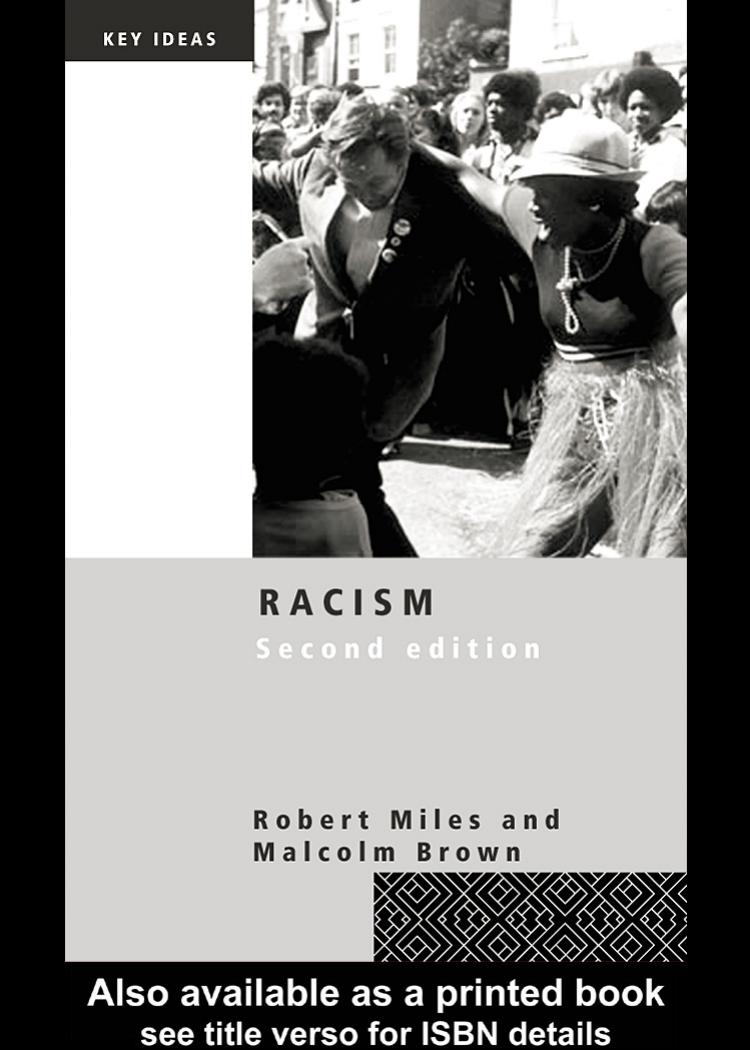

Most ebook files are in PDF format, so you can easily read them using various software such as Foxit Reader or directly on the Google Chrome browser.
Some ebook files are released by publishers in other formats such as .awz, .mobi, .epub, .fb2, etc. You may need to install specific software to read these formats on mobile/PC, such as Calibre.
Please read the tutorial at this link: https://ebookbell.com/faq
We offer FREE conversion to the popular formats you request; however, this may take some time. Therefore, right after payment, please email us, and we will try to provide the service as quickly as possible.
For some exceptional file formats or broken links (if any), please refrain from opening any disputes. Instead, email us first, and we will try to assist within a maximum of 6 hours.
EbookBell Team

5.0
100 reviewsor ‘problematic’, has certain features. First, we offer a limited definition of
racism-as-ideology, attempting to walk the tightrope between a deflated
concept of racism and an over-inflated one. If the racism paradigm is
regarded as an extreme approach to the subject, we are situating it in the
via media. Second, we utilise a social-scientific analysis of racism for a
critique of everyday-language concepts of ‘race’ and ‘racism’ (cf. Miles 1993;
Miles and Torres 1999). Third, we emphasise the shifting meanings of
racism, on the one hand, and the constant importance of class and the
political economy of migration, on the other. To put this differently, we
define racism a priori, but flexibly, recognising that the nature of racism
can and does change, and prepared to ground the (a priori or revised)
definition in empirical observation. Fourth, we reject an analysis of racism
in terms of a phenotypically identifiable victim, proposing instead an
analysis in terms of the historical development of racism and nationalism
(in the context of capitalism) which has made both ideologies interdependent. Fifth, we recognise that racism is a political and moral issue as well
as a social-scientific one, and this intersection of issues makes the concept
of racism politically, morally and sociologically complex.
----